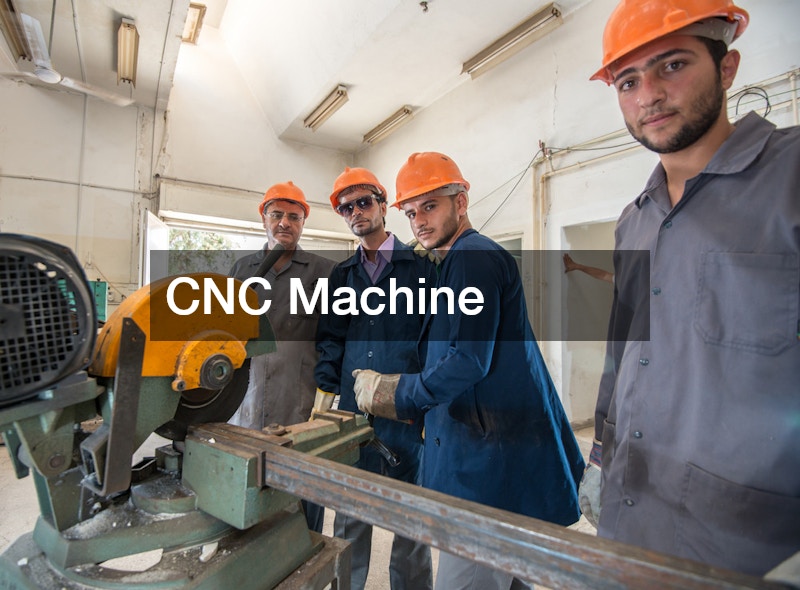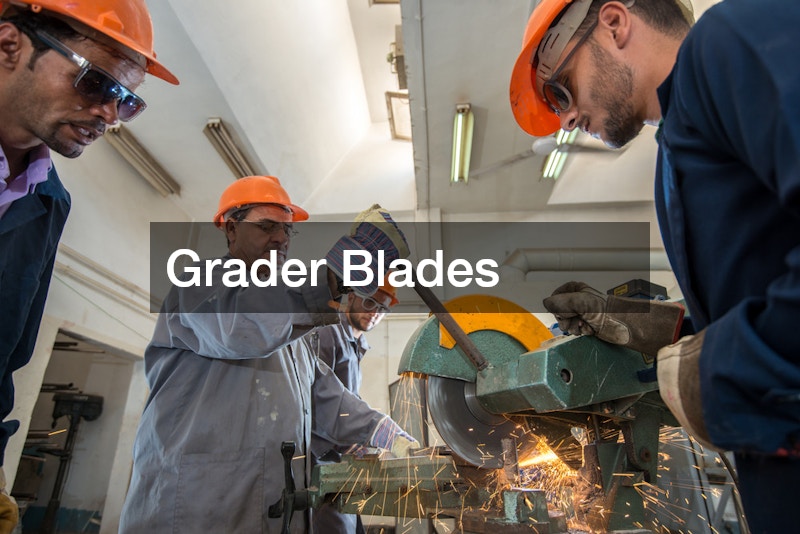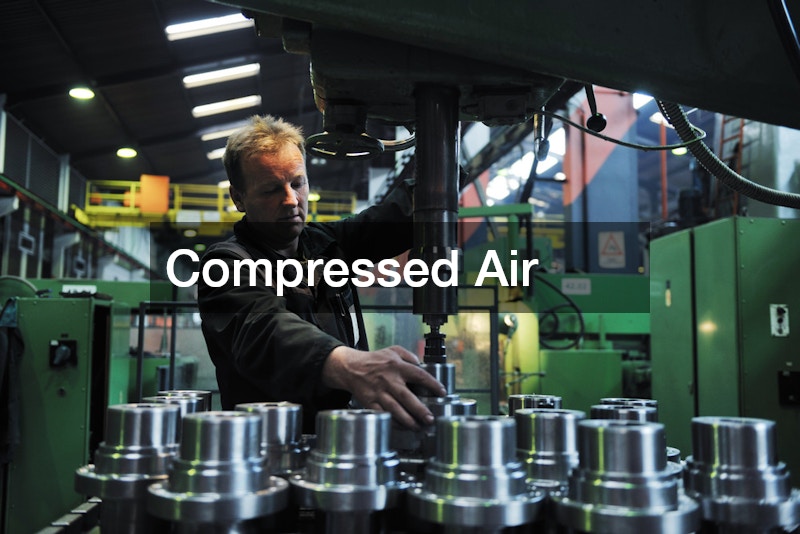In today’s rapidly changing manufacturing and service industries, staying on top of the latest technological advancements and innovations has never been more essential. The demand for higher quality products and more efficient services continues to rise at an unprecedented rate. From sophisticated custom CNC machines to state-of-the-art warehousing services, companies face constant challenges while uncovering numerous opportunities in this dynamic market. With technology evolving at breakneck speed, manufacturers are continuously pushing the boundaries of what can be achieved, introducing revolutionary products and processes that redefine entire industries. The interplay between various cutting-edge technologies, such as the precision engineering behind carbon grader blades or the fine craftsmanship of laser engraving services, showcases the heightened synergy required for modern industry success.
As we explore the current transformations shaping these sectors, it’s important to recognize how new product manufacturers are playing a pivotal role in reshaping market landscapes. By offering innovative solutions and pushing the envelope of what machinery and services can accomplish, these manufacturers are driving industry progress. From the expanding use of utility trailers and battery-powered spreaders to the growing importance of crucial local services like welding and appliance repair, today’s industries are increasingly interconnected. The success of one product or service often hinges on the seamless integration of multiple elements, whether that be cutting-edge tools, efficient service providers, or strategic logistics networks.
This article dives deeply into the vast array of industries currently undergoing these exciting transformations. We will investigate the critical role that new product innovations and services are playing in meeting growing market demands and streamlining production. Whether it’s discussing the advancements in CNC machinery, the rising prominence of eco-friendly technology like battery-powered equipment, or the critical function of local repair services, our exploration will highlight how each of these sectors contributes to the broader evolution of the manufacturing and service industries. Join us as we explore the latest innovations and uncover the technologies and processes driving progress in today’s industrial landscape.
CNC Machine

Custom CNC machines are revolutionizing the manufacturing landscape by offering unparalleled precision and efficiency. With the ability to tailor operations to specific tasks, these machines have significantly reduced production times while increasing accuracy. New products manufacturers continuously strive to enhance these systems, integrating advanced software and cutting-edge hardware features to meet diverse client needs.
The introduction of custom CNC machines has allowed businesses to produce complex components with a high degree of accuracy. This flexibility not only improves production efficiency but also opens up the potential for more innovative designs and solutions. Manufacturers are no longer limited by pre-existing machine specifications, leading to a more dynamic production environment.
As new products manufacturers explore the potential of CNC technology, the focus is increasingly on sustainability and energy efficiency. By developing machines that consume less power and produce less waste, manufacturers are contributing to more environmentally friendly production processes. This trend is expected to continue as the industry pushes forward, continually searching for new ways to optimize the technology.
Utility Trailer
Utility trailers serve a crucial role in various industries by facilitating the easy transport of goods and equipment. Whether for small enterprises or large corporations, the demand for robust and reliable trailers continues to grow. New products manufacturers are responding by developing utility trailers that are not only durable but also feature enhanced load capabilities and safety measures.
Innovations in utility trailers have focused on materials and design improvements. Lightweight yet strong materials allow for greater fuel efficiency without compromising on strength or resilience. These advancements are a testament to the industry’s dedication to addressing explicit customer needs while aligning with modern sustainability goals.
Manufacturers are also incorporating smart technology features into utility trailers, such as advanced brake systems and GPS tracking. These additions not only improve the functionality of the trailers but also enhance the user experience. The ongoing evolution in utility trailer manufacturing demonstrates the industry’s commitment to continuous innovation and improvement.
Manufacturing Warehouse
The role of manufacturing warehouses has expanded beyond simple storage solutions to become integral components of the supply chain. Efficient warehousing services now include sophisticated inventory management systems, which help streamline operations and reduce costs. New products manufacturers play a pivotal role in developing technology that enhances these services.
Advanced warehousing solutions leverage automation and robotics to optimize space utilization and product retrieval. This not only speeds up the handling of goods but also minimizes the risk of human error. The integration of digital inventory systems allows for real-time tracking, reducing unnecessary delays and improving overall supply chain efficiency.
As warehouses become more technologically advanced, new products manufacturers are increasingly focused on the customization of solutions to meet specific client requirements. From scalable storage solutions to energy-efficient facilities, the industry is adapting to meet the high demands of consumer goods logistics, enhancing the efficacy of warehousing services.
Grader Blades

Carbon grader blades are essential tools in construction and road maintenance, and their efficiency directly impacts project outcomes. The development of durable, high-performance blades has become a priority for new products manufacturers. Companies are focusing on improving the durability and effectiveness of blades, which in turn leads to more cost-efficient operations.
Advanced manufacturing techniques have enabled the production of carbon grader blades that resist wear and tear better than their predecessors. The enhanced longevity of these blades reduces the frequency of replacements, leading to substantial cost savings over time. Such developments are vital in ensuring that infrastructure projects run smoothly with minimal disruptions.
With an eye towards sustainability, new products manufacturers are exploring the use of recyclable materials and eco-friendly production processes in blade manufacturing. As environmental considerations become increasingly important, these initiatives promise to reduce the carbon footprint of the construction industry, aligning with broader global sustainability goals.
Laser Engraving
The laser engraving service industry has seen remarkable growth due to its applications across numerous sectors, from arts and crafts to industrial manufacturing. The precision and versatility of laser engraving make it an attractive option for businesses that require intricate designs on their products. New products manufacturers are at the forefront of developing technologies that enhance these services.
Recent innovations in laser engraving technology have centered on increasing speed and accuracy. Machines that utilize advanced software can quickly translate intricate designs into precise engravings, reducing production times while maintaining high quality. These advancements enable businesses to offer personalized products with minimal lead-time.
Furthermore, as demand for customization grows, so does the availability of materials suitable for laser engraving. New products manufacturers are continually expanding the range of substrates that can be used with laser technology, providing clients with a broader spectrum of creative possibilities. This versatility is vital in an era where customization is key to competitive advantage.
Powered Spreader
Battery-powered spreaders have transformed maintenance tasks by offering a convenient, environmentally-friendly alternative to gas-powered devices. These spreaders are essential tools in agriculture and landscaping, and advances in battery technology have enhanced their performance and reliability. New products manufacturers play a critical role in the ongoing improvement of these tools.
The latest generation of battery powered spreader delivers increased efficiency, with longer battery life and faster charging times. These improvements reduce downtime and increase productivity, making them an attractive option for industries that rely on rapid, consistent operation. This shift towards battery-powered devices reflects the broader industry trend of minimizing environmental impact while maximizing efficiency.
In conjunction with technological advancements, manufacturers are focusing on user-centric design in spreaders. Ergonomic improvements and intuitive controls make these machines easier to operate, opening up their use to a wider market. Such innovations demonstrate the potential for modern technology to simplify tasks and enhance the user experience.
Towing Service

Towing services are indispensable across many sectors, from aiding stranded vehicles to transporting heavy machinery. As the industry evolves, new products manufacturers are introducing innovations to make towing more efficient and safer for both operators and clients. This involves the development of sophisticated tow vehicles and equipment.
Technological advancements such as hydraulic lift systems and automated coupling mechanisms have enhanced the efficiency of towing services. These improvements allow for faster and safer towing operations, minimizing the risk of damage to vehicles and equipment. The integration of such technologies is vital in meeting the growing demand for reliable towing solutions.
Beyond mechanical improvements, manufacturers are also investing in digital solutions to enhance the towing experience. GPS tracking and digital management systems allow for better fleet coordination and customer communication. These tools ensure that towing services meet modern expectations for timeliness and transparency in operations.
Appliance Repair
As household and commercial appliances become more sophisticated, the demand for expert appliance repair services is rising. New products manufacturers are tackling this challenge by developing advanced diagnostic tools and training programs that empower technicians with the skills necessary to address modern appliance issues effectively.
Innovative diagnostic tools have been designed to interface directly with smart appliances. These tools enable technicians to quickly identify and resolve issues, reducing repair times and enhancing customer satisfaction. This is particularly important as consumers continue to adopt smart home technologies, necessitating a new level of technical proficiency.
In addition to new technologies, manufacturers are also focusing on creating modular appliance designs, which simplify repair processes. By making components easier to replace or fix, they are helping to preserve the lifespan of appliances and reduce electronic waste. This trend reflects a growing consumer preference for sustainable and long-lasting products.
Welder Service
The welding industry has undergone significant changes with the introduction of advanced materials and technologies. Local welders are increasingly relying on innovations produced by new products manufacturers to stay competitive and meet high client expectations. These advancements facilitate greater precision and cleaner results in welding projects.
New equipment offerings from manufacturers feature enhanced capabilities, such as improved portability and efficient power usage. These innovations are crucial for local welders who require flexible and reliable tools for diverse applications, from automotive repairs to complex industrial tasks. As technology evolves, local welders are continually adapting to harness new tools effectively.
With a focus on safety, manufacturers are developing protective gear and integrated systems that minimize risk during welding operations. These products not only ensure the welder’s safety but also improve the quality of the work, reflecting the industry’s commitment to combining state-of-the-art technology with user welfare.
Compressed Air

Industrial compressed air systems are a backbone of modern manufacturing, providing the power necessary for a variety of applications. As demand increases, new products manufacturers are innovating to produce more efficient and reliable systems. These advances are key to sustaining the operational needs of businesses across sectors.
Energy-efficient compressors and innovative air management systems have been developed to reduce the environmental impact and operational costs of compressed air solutions. These advancements are critical in industries aiming to enhance sustainability without sacrificing performance. New products manufacturers continue to drive these innovations, ensuring the industrial applications remain viable and efficient.
Furthermore, manufacturers are focusing on reducing system downtime through enhanced predictive maintenance capabilities. By integrating sensors and AI-driven analytics, businesses can foresee potential failures and perform necessary maintenance, thereby avoiding costly shutdowns. This proactive approach is reshaping how industrial compressed air systems are managed and maintained.
This comprehensive exploration of the modern manufacturing and service landscape highlights the relentless pursuit of innovation by new products manufacturers. The introduction of cutting-edge technologies and systems has significantly transformed multiple sectors, from CNC machining to appliance repair services. With advances in utility trailers, carbon grader blades, and laser engraving services, the market continues to witness unprecedented growth and development.
Each section examines the critical role manufacturers play in both evolving technology and meeting consumer expectations. Whether improving the efficiency of towing services or the precision of laser engravings, these strides forward show a broader industry commitment to futuristic, sustainable solutions. In exploring the advancements in battery-powered spreaders and industrial compressed air systems, it’s evident that the focus continues to be on enhancing functionality while minimizing environmental impact.
As we move forward, the interplay between technology, sustainability, and customization is expected to dynamically shape these industries further. This article not only underscores the importance of adaptation and innovation but also invites stakeholders to anticipate future trends. Collaboratively, manufacturers and service providers are navigating the complexities of modern demands, ensuring that as consumer needs evolve, the solutions remain both cutting-edge and efficient.